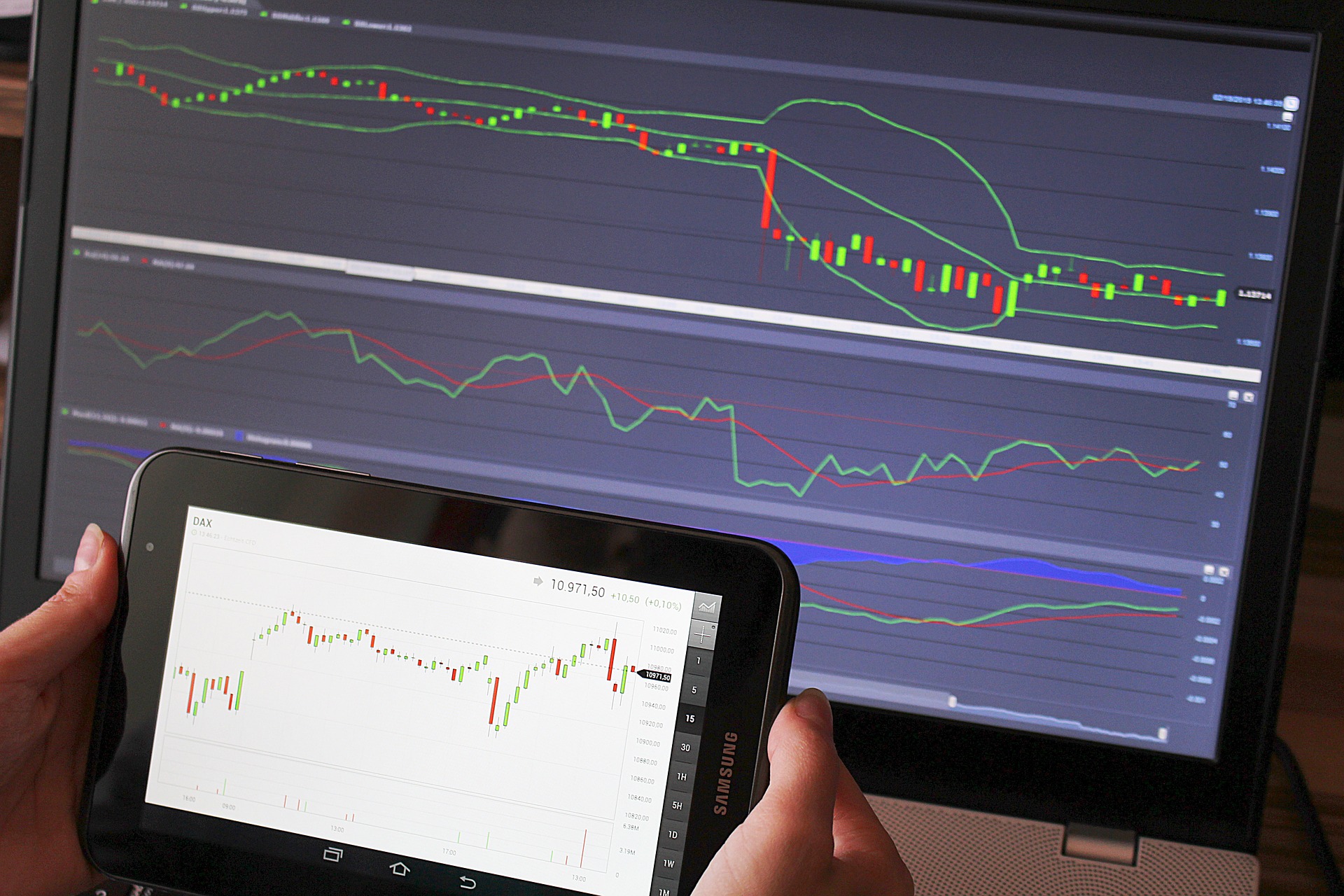Bond spreads measure the extra annual yield an investor gets from holding a bond over that of a risk-free government bond.
The spread tells us how much more or less risky bonds from corporates, governments and supranational bonds are compared to the benchmark global sovereign debt market.
A more extensive spread means investors demand higher returns to hold these securities, implying they have a lower perceived ability to pay back their debts.
In absolute terms, corporate spreads tend to be larger than governmental spreads because corporate default rates tend to be higher than political entities.
For example, in 2014, investment-grade bonds yielded close to 2%, while high yield bonds yielded around 5%. The former reflects a spread of nearly 3% if you are comparing them to government bonds.
The Importance of the Curve
Bond spreads are usually quoted in the yield on the 10-year bond, also called the yield curve.
A change or shift in this curve is indication investors believe something has changed regarding their perceived ability of the issuer to pay back its debt.
Changes may be due to a change in politics which could mean either inflation will increase or political stability will fall, or production costs have increased more than anticipated.
If any of these cases is true, then it means that over time holding the bonds, they will need more money to pay back what they owe, making it harder for them to keep up with interest payments without defaulting.
To Buy or Not to Buy Bonds
Several important factors determine whether you buy corporate bonds before any decision is made about the direction of the spread.
- The credit quality of the issuer is considered very important in determining whether you invest in corporate bonds.
Investors will buy lower credit-rated groups’ debt if they believe it has value and market interest rates are high enough to provide profitable returns on lower-risk credits.
Another factor that can determine spreads is geopolitical changes which may affect production costs or political stability.
These factors lead to higher volatility financial instruments, resulting in higher yields expected by investors for holding them.
- Accounting standards differentiating corporations can also affect issuance spreads between markets of two corporations with different accounting standards.
It was noted that more than 2000 of these differences exist, making it difficult for investors to make comparisons at all.
- The size of the bond issuance will also determine spreads, as usually, bonds with higher issuances have higher yields because they are harder to sell in large quantities than other minor issues. Hence, investors demand more compensation for taking on this risk.
If they believe the bonds will sell well, they are more likely to pay higher yields.
- The longer-term issue is also important in determining spreads.
Suppose bond issuers find it harder to meet long term commitments. In that case, investors demand larger extra compensation to be sure they will recoup their initial investment at maturity by holding the security till its maturity date.
Advantages of Bonds
Bond markets represent one of the significant markets for securities. With this comes all of the traits of other economies. The ability to borrow provides governments, organizations and corporations with extra funding in times of need or when they must spend more than what resources are available.
Understandably there is a cost. However, default rates tend to be higher for lower credit-rated corporates than political entities, so investors demand higher yields and thus larger spreads.
Disadvantages
No one can foresee the future accurately, but changes in spreads provide indicators that something has changed. It is helpful to pay attention to these indicators for making investment decisions.
Changes in spreads indicate that investors believe that something has changed about the ability of the issuer to pay back its debt.
Changes may be due to a change in politics which could mean either inflation will increase or political stability will fall, or production costs have increased more than anticipated.
If any of these cases is true, then it means that over time holding the bonds, they will need more money to pay back what they owe, making it harder for them to keep up with interest payments without defaulting.
The credit quality of the issuer is considered very important in determining whether you invest in corporate bonds.
Investors will buy lower credit-rated groups’ debt if they believe it has value and market interest rates are high enough to provide profitable returns on lower-risk credits.


Comments are closed